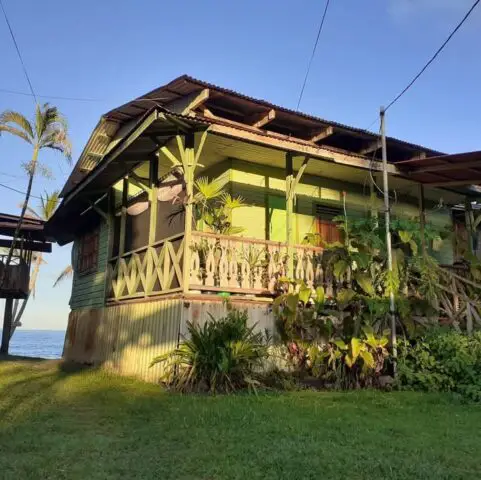In Costa Rica, the issue of expiration of property titles is usually complex and involves legal, historical, and administrative aspects.
It is said that property titles may expire if they are not used or if no administration actions are carried out on them during a certain period. Such expiration seeks to ensure that the land is used effectively and that it does not remain in a state of abandonment.
Given this, the Civil Code and the Real Property Law establish certain terms and conditions under which a title may be considered lapsed. For example, if an owner does not exercise his property rights or does not make improvements to the property, this may open the door to claims by third parties or the State.

In addition, non-payment of taxes, lack of effective occupancy, and failure to perform acts of disposition may lead to forfeiture of title. The authorities may have the power to declare the lapse of a title, which may generate uncertainty among the owners about the security of their possession.
Truth or Myth?
With reference to the ancestral inheritance of the Cahuita Tribal People…
READ MORE
There is also talk that the expiration of property titles is a fallacy that has resulted in the theft of valuable properties from our ancestors.
Given this, we were able to learn through “Things are what they are” that many of them (our ancestors) without the resources or the knowledge to confront government corruption in the case of the Rural Development Institute (INDER), (ITCO/IDA) and the influence of powerful people, lost their land because of this lie.
It is important to keep in mind that when a property is owned, the competent authorities assign it a unique Real Estate Registry number that uniquely identifies it in the national territory.
The registration number (Finca, Tomo, and Folio) does not expire even with the death of the original owner, passing to the legitimate heirs after a succession process; where first, the authorities appoint an -albacea- with powers to represent the interests of the deceased owner.

Therefore, when acquiring a property, it is essential to check both the National Property Registry (SIRI), as well as the historical archives to ensure that there have been no previous titles in the name of other persons because, in case of dispute, the law usually favors the first one who registered the property (“First in Time, First in Right”).
In the particular case of the Southern Caribbean, land titling has been crucial to guarantee the inheritance to future generations, as evidenced by land titles dating from the beginning of the last century (1916 to 1970), both in the urban area of Cahuita and in the agricultural lands between 2 or 3 km adjacent to the coastline.
For national or foreign buyers:
Those who can accredit their right to the inheritance through a Succession Process (Mortual), will leave without effect any transaction made outside this process, becoming the legitimate owners of the property; whether it is a Deed granted by the ITCO, IDA, or INDER, or a bill of sale from an illegitimate possessor of the property, it will also be null and void. Just remember that in Costa Rica null acts are not sources of law.
Above all, it is essential to respect and understand the importance of property titles to protect the legacy of our ancestors and ensure legal security for future generations. Failure to exercise this right would be an unforgivable act on the part of the entire Tribal Community.
Property owners in Costa Rica should stay informed about their rights and obligations, as well as the deadlines and requirements that may affect the validity of their property titles. Getting advice from a lawyer specializing in real estate law can be key to avoiding problems related to the expiration of a title and to consider a second opinion before investing your money in real estate.

